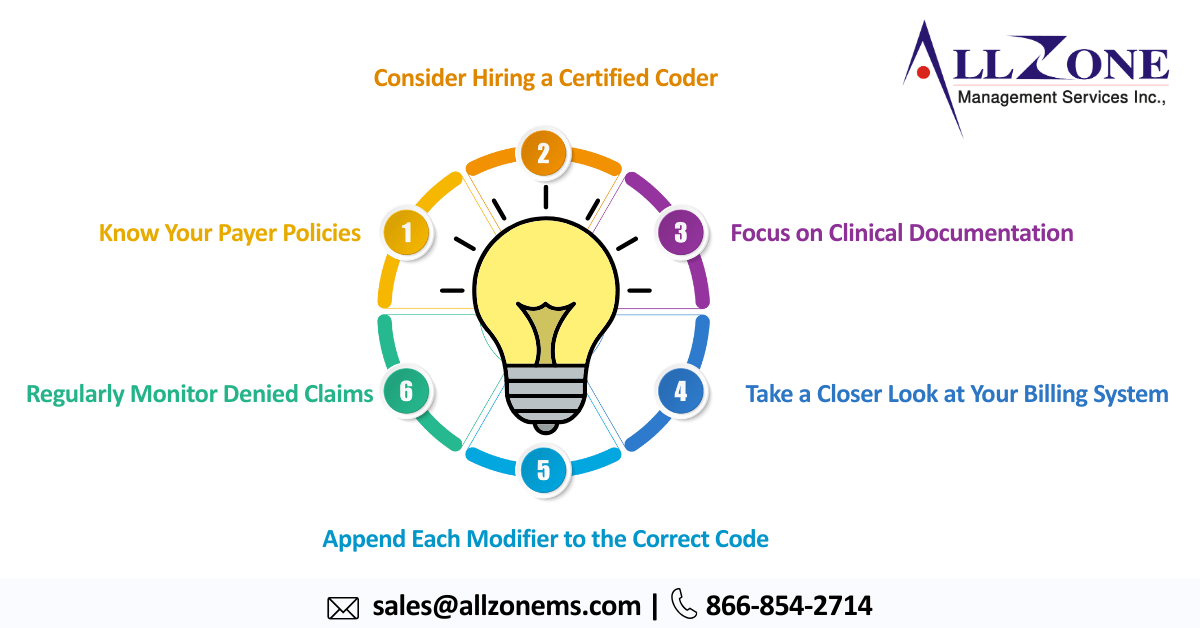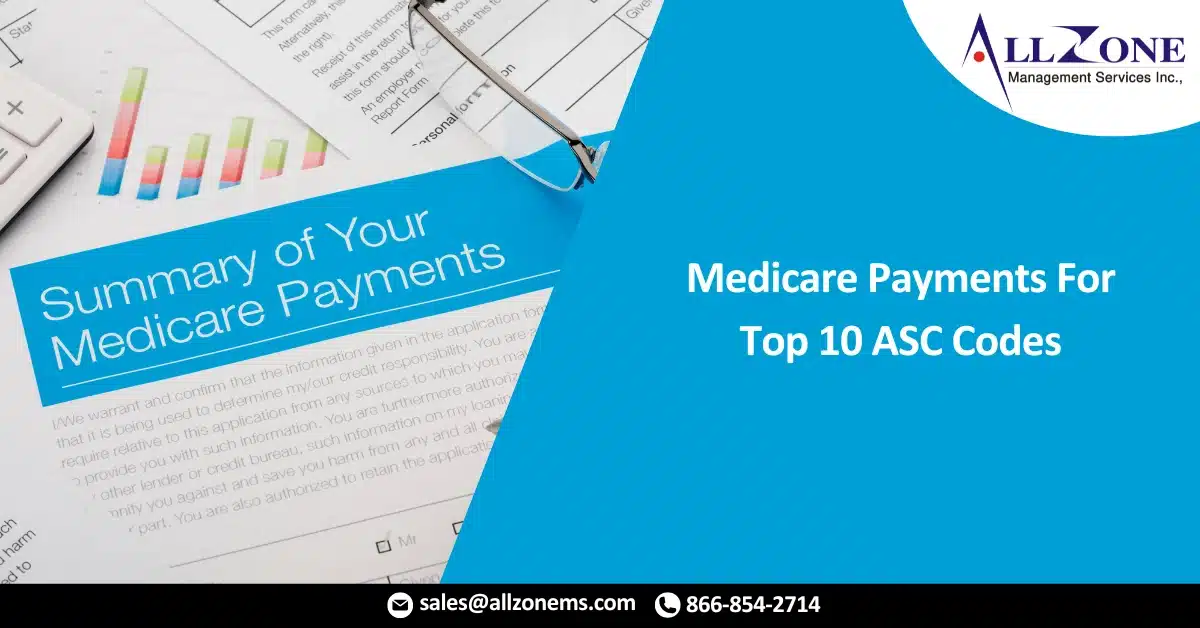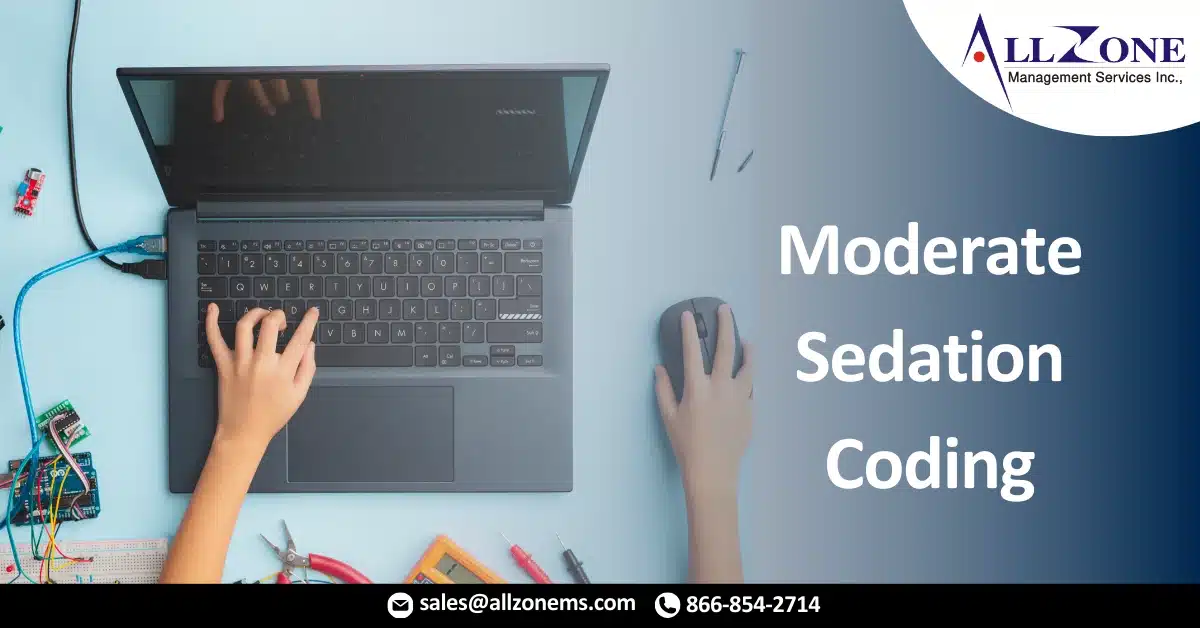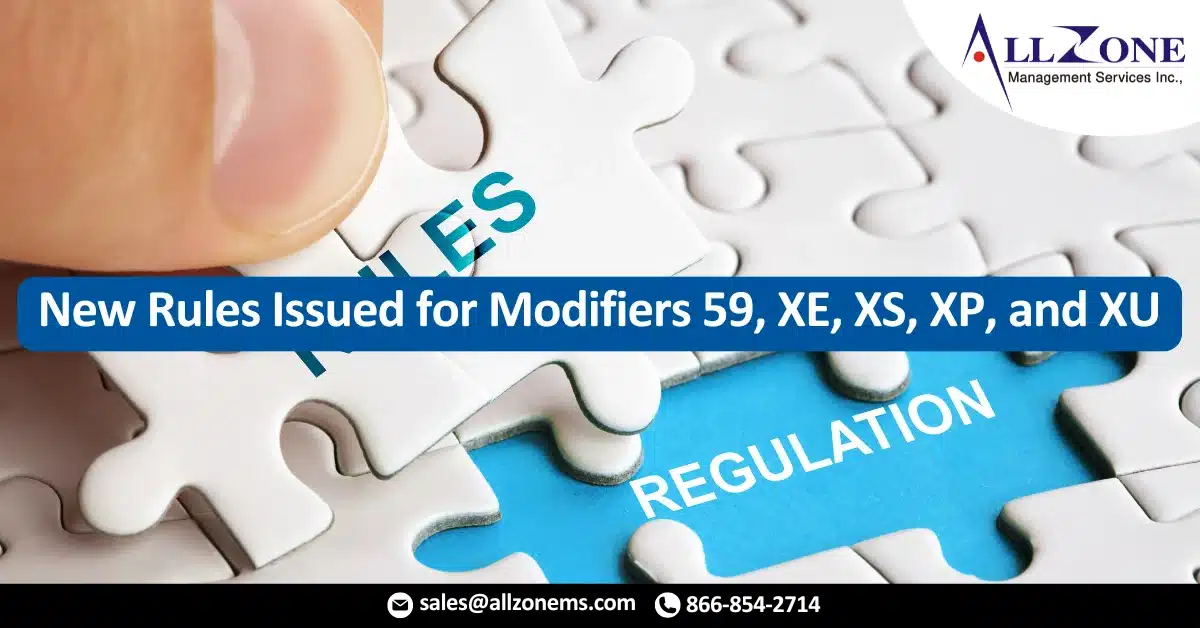In medical coding, CPT modifier are vital for accurate reimbursement of healthcare services. These special codes, attached to primary procedure codes, provide additional details about the complexity or extent of a service. However, using modifiers incorrectly can lead to claim denials and lost revenue. This blog post shares six key tips to help you get […]
Medicare payments for the top 10 current procedural terminology codes performed by ASCs are expected to remain relatively stable in 2019 compared to 2018, according to VMG Health. 66984: Cataract surgery with insertion of intraocular lens prosthesis (one-stage procedure), manual or mechanical technique Estimated 2017 payments: $1,172 Estimated 2018 payments: $1,206 Estimated 2019 payments: $1,182 45380: […]
Moderate sedation coding, also sometimes referred to as conscious sedation, is a drug-induced depression of consciousness. A patient who has been sedated in this way is relaxed and generally insensitive to pain, but remains awake and able to respond to verbal instruction. If medically necessary and properly documented, moderate sedation is a separately reported service. […]
The Centers for Medicare & Medicaid Services (CMS) issued a policy change modification to the claims processing logic for Modifier 59 Distinct procedural service (and the optional patient-relationship modifiers XE, XS, XP, and XU) on February 15, 2019. These modifiers are only processed when applied to the Column 2 code in a bundled pair, per Correct Coding Initiative […]




